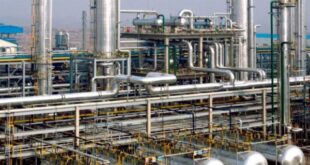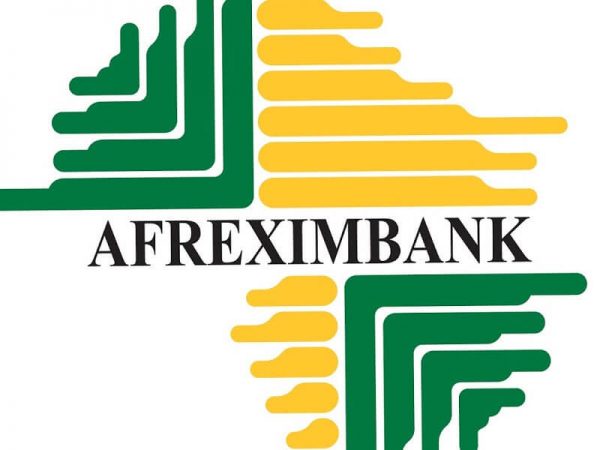 Minister of State for Petroleum Timipre Sylva has reiterated the Federal Government’s resolve to reduce its stake in the joint venture oil business with foreign companies in a bid to spur more foreign investment in Africa’s largest oil producer.
Minister of State for Petroleum Timipre Sylva has reiterated the Federal Government’s resolve to reduce its stake in the joint venture oil business with foreign companies in a bid to spur more foreign investment in Africa’s largest oil producer.
Sylva said in a statement Sunday that reducing the government’s stake to 40 per cent from 55 per cent-60 per cent was one of his main priorities, just as his predecessors had mentioned.
Last year, cash call payment for the development of joint venture oil and gas assets ate into the Federal Government’s revenue as a total of N1.829 trillion was paid, according to the Nigerian National Petroleum Corporation, which represents the government in the JVs.
The government generated N3.11 trillion from the sale of crude oil and gas in 2018, out of which N1.829 trillion was transferred into the joint venture cash call account while the balance of N1.28 trillion went into the Federation Account, the NNPC data revealed.

Sylva, appointed last month by President Muhammadu Buhari, also said that curtailing the country’s production costs by at least five per cent and growing its oil output to three million b/d remained on top of his agenda.
Nigeria produces a little over around two million b/d of oil, including condensates.
The OPEC member country owns a 55 per cent stake in its joint venture with Royal Dutch Shell, and 60 per cent interest in other oil majors including Chevron, Eni, ExxonMobil and Total. The ventures account for around 90 per cent of Nigerian oil output.
Nigeria’s oil output has risen almost 10 per cent this year due to the start-up of the 205,000 b/d Egina field.
But funding challenges, delay in implementing reforms and sabotage of production facilities in the past decade have meant that output has never been more than 2.20 million b/d Sylva also said he will promote the passage of the landmark oil reform legislation, the Petroleum Industry Governance Bill and he hopes to pursing exploration programs in deep offshore and inland basins.
Another key objective is to collaborate with “the private sector to aggressively increase domestic refining capacity; and the completion of the Nigerian gas flare out program,” he said.
Industry analysts said Monday that lofty as the minister’s targets were, the government needed to muster enough political will to implement the programs.
“Reducing the JV asset to 40 per cent is an innovation that is long overdue. The Nigerian government becoming a minority stake holder will not be a bad idea as it will open up chances for majors to pump funds needed for exploration and production,” an official at a Western oil company said.
“We have heard from four ministers and past NNPC chief executives about plants to raise production to three million b/d, however, sadly not much investments are channeled towards achieving this,” energy analyst, Wunmi Iledare, said.
“Production from JV assets are declining fast with no new assets added over the past years. Going from today’s two million b/d to three million b/d may be hard under the current climate of uncertainty in reform,” Iledare said.
 MMS PLUS NG – Maritime, Aviation, Business, Oil and Gas News Online Newspaper with coverage in Maritime, Oil and Gas, Aviation, Power and Energy as well as Financial News
MMS PLUS NG – Maritime, Aviation, Business, Oil and Gas News Online Newspaper with coverage in Maritime, Oil and Gas, Aviation, Power and Energy as well as Financial News









